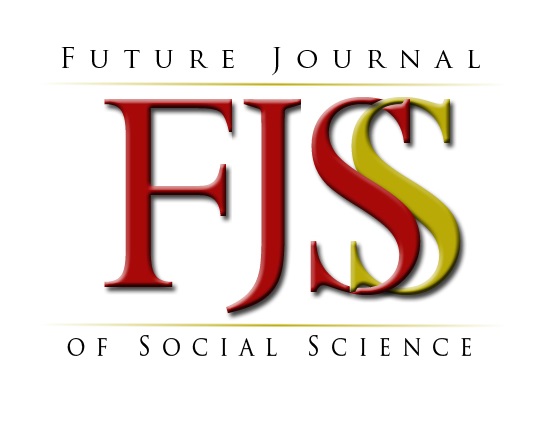Future Journal of Social Science

Abstract
This study presents an interdisciplinary exploration of the radicalization process through the Biopsychosocial Model, integrating biological, psychological, and social determinants. Addressing the gap left by traditional approaches that focus on sociopolitical, psychological, and demographic factors, the research investigates the neural mechanisms underpinning social identity and group dynamics that intensify radical beliefs. Utilizing social neuroscience, the research identifies neural correlates of radicalization, contributing to a multi-level understanding that spans cognitive psychology, neuroscience, and political science. The findings indicate that specific brain functions related to social processing play a significant role in the adoption and reinforcement of extremist ideologies. This paper discusses how these insights can inform more nuanced counter-terrorism strategies, advocating for policies grounded in an understanding of the neurobiological underpinnings of radicalization. By challenging existing paradigms and fostering interdisciplinary dialogue, the research seeks to provide a scientific foundation for countermeasures against the evolving threat of terrorism. The study underscores the importance of considering the complex interplay of biological factors with psychological and social influences to develop comprehensive and effective interventions.
Recommended Citation
Suleiman, Beshoy Benjamin
(2023)
"Neurobiological Foundations of Radicalization and Countermeasures: A Biopsychosocial Perspective,"
Future Journal of Social Science: Vol. 2:
Iss.
2, Article 3.
Available at:
https://digitalcommons.aaru.edu.jo/fjss/vol2/iss2/3

